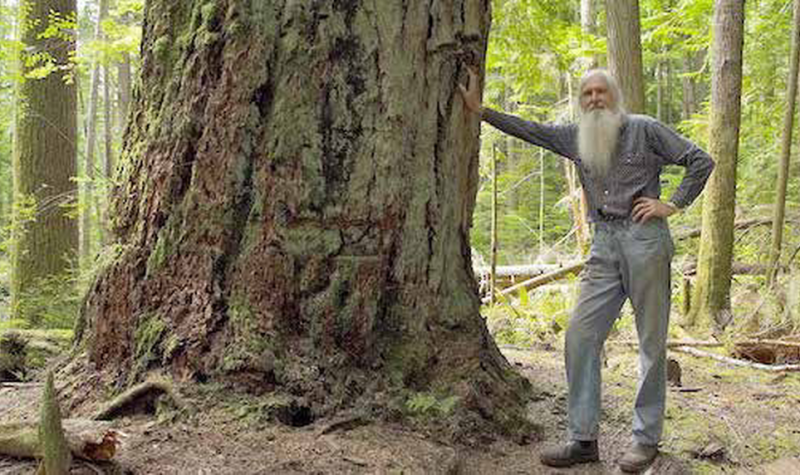By De Clarke
On February 8th 2020, Cortes Currents was pleased to welcome Adam McKenty of CCEDA as the first guest on our new monthly live talk show component. CCEDA (Cortes Community Economic Development Association) is the new name for the organisation formerly known as CIBATA (Cortes Island Business and Tourism Association). Its 6-member board includes three members from prior CIBATA boards.
CCEDA is a member organisation registered as a BC Non Profit Society. Its goal, according to Adam, is to put community well-being at the centre of economic development. “Community Economic Development is an existing thing, a concept that is already out there under that name,” says Adam. What’s the idea? to focus first on well-being and happiness in the community, then figure out what economic activities enhance that well-being while also generating revenue, jobs, etc.
“It’s a reframing of what economic development is for and what it looks like… If we can develop local business and industries so that we actually have the ability to hire people on the island doing things that folks want to do for a livelihood, and at a level where it’s possible to afford housing and a decent lifestyle here… then that changes the equation.”
Adam emphasises that CCEDA doesn’t see its role as telling Cortes Island what it should do, but as “identifying needs,” asking the community what its priorities are, asking business owners what resources would help them–and also networking with other island communities, to find out what has been tried in other places and worked (or didn’t). He spoke with enthusiasm of the Rural Island Economic Forum recently held on Pender Island (Nov 7-8 2019), which was attended by six Cortes Islanders including himself. “Many other places are way ahead of us,” so there is much that we can learn from their experience.
Clearly the new name of the organisation (CCEDA) doesn’t include “tourism”, so the focus has shifted. So we discuss tourism — clearly it’s important, but are there limits? how can we manage tourism so that it doesn’t end up damaging the very qualities that the tourists are hoping to find here? Other topics covered include
- ways in which CCEDA could assist island business startups;
- potential for online marketing of Cortes artisanal products;
- investor coops… and more.
CCEDA encourages listeners to join the organisation, to contact CCEDA with ideas and questions, and to participate in several working groups established to investigate specific issues. Their web site is in transition, currently redirected to cibata.ca.
[Note: apologies to any people from Newfoundland who may have felt slighted in any way by the anecdote about “they didn’t notice the Great Depression.” No offence was intended — quite the reverse! Rather than a slight, I consider that folk memory to be a tribute to the resilience, autonomy, and community cohesion of Newfoundland folks at that time… and an inspiration for communities today as we face the prospect of increasing instability in the global system.]


